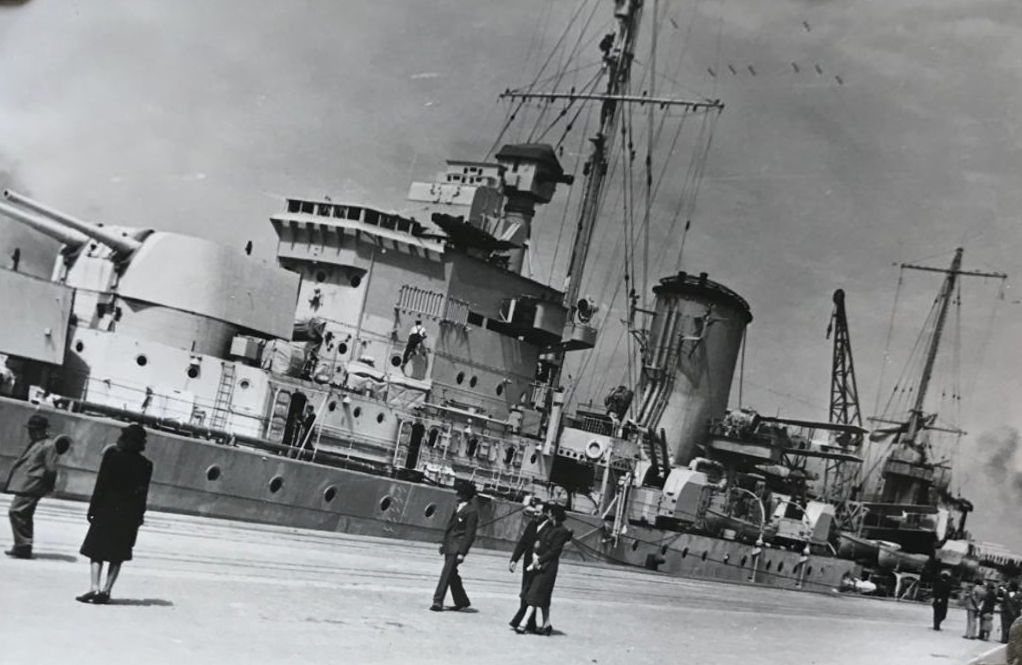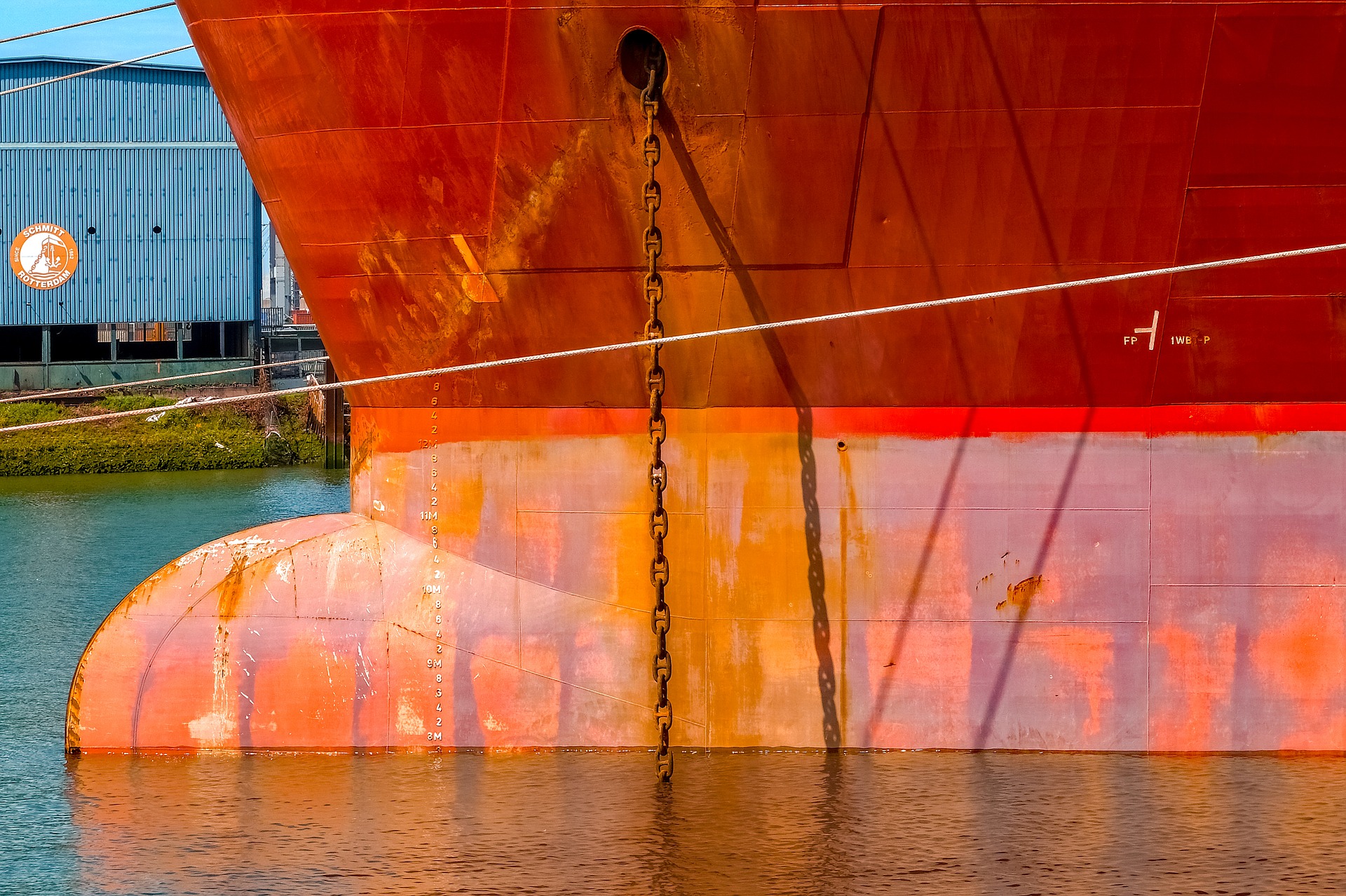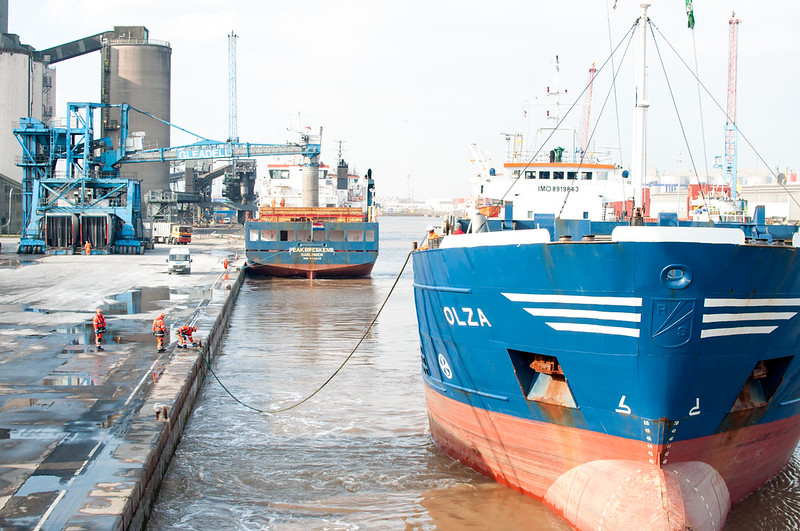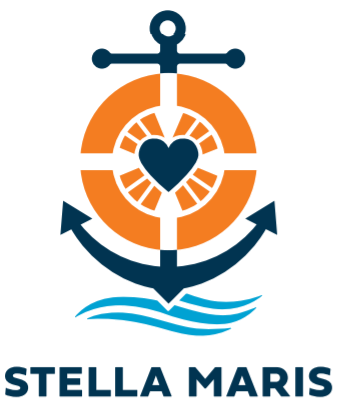Posted on June 11, 2020 by Sarah Eustace -

My mother was born of Scottish parents in the Argentine in 1919 and lived in Buenos Aires until 1942 when she travelled to Britain in a wartime convoy to be married.
She witnessed increasing Nazi influence in neutral Argentina in the build up to war. Some neighbours ran up flag poles with Nazi flags in the grounds of their houses and she remembered once going to confession and finding that whoever was the other side of the grill was clearly not a priest when she was asked quite inappropriately for information about her expatriate friends and acquaintances.
It was in this rather sinister environment that she became a ship visitor. Buenos Aires was a major port for British trade and both Merchant and Royal Naval ships were regular visitors to the River Plate estuary where, in December 1939, The Battle of the River Plate saw three British and New Zealand Cruisers bring about the end of the German pocket battleship Graf Spee which had been preying on merchant shipping across the Atlantic.
With a rich cosmopolitan culture, parks, striking architecture, café society, night spots, wonderful food and music and of course the exotic tango, Buenos Aires had long been known as the Paris of South America. The contrast between this and the tedium and tension of shipboard life especially in wartime must have been quite astonishing for young seafarers. My mother would have known all about the refinements of the city, she was courageous with a great sense of humour so with her as a guide they would have had an excellent tour of the city.
Her itinerary included tea-dances in the most glamorous winter gardens, a pure joy. In these circumstances she remembered Royal Naval sailors enjoying themselves in the same venue as their counterparts from German ships. They didn’t come to blows but took the battle to their opponents through the medium of music. British sailors in her care would bribe the orchestra to play British music while on the other side of the hall the band would be taking payment to play German popular and patriotic tunes. This tunes happily with a seafarers sense of humour, enjoying life, detached for a while from harsh reality.
At the end of her story, she always remembered her greatest challenge was to get her charges back on board under the beady eye of the Officer of the Day, at the end of the afternoon, sober. That’s where courage and humour were needed most.
Posted on June 12, 2020 by Sarah Eustace -

I became a volunteer after a friend told me of the need for helpers in Hull where I live. I come from a family of seafarers, my father working in the fishing industry for 40 years and several uncles both fisherman and merchant seamen. I also learned that my great, great grandfather was a master mariner, through researching family history.
I’ve also experienced first
hand what it’s like to be at sea for months, away from family and friends, as I
took part in the Clipper Round the World Yacht Race in 2011/12. I can clearly remember the joy of being met
by strangers who were willing to take the time to welcome you and provide food
and info. Some even gave up their time
to show us round the sights of the city.
I recently had the privilege
to visit an injured seaman in hospital in Hull.
His English was not good so communication was not easy, but he shared
his worries about work and if it would be possible to get back to sea. He felt it wouldn’t. We talked and our Port
Chaplain helped to organise family to come over to visit and it was lovely to
hear that he was able to travel back home with his wife and son in time for
Christmas.
I feel extremely privileged
to be part of such a wonderful organisation as Stella Maris – to give whatever
help I can to all seafarers. They all
deserve it!
Posted on August 14, 2020 by Sarah Eustace -

I had gone to meet with Father Colum Kelly, the Immingham port chaplain one May afternoon in 2009 on business unconnected to Stella Maris. little did i know what was about to happen. As our meeting finished Colum asked me if i would like a look around the docks and maybe accompany him on a ship to see what his work entailed. I was given appropriate ‘gear’ to wear and off we went. After visiting 3 ships I was in awe of it all and became a volunteer ship visitor. My first encounter with a seafarer is one I will always remember. His name was Thomas and he was part of an Indian crew. Our conversation began with me asking him how he was and about his family back at home. He told me he was missing his fiancee. I asked if he had a picture and he got out his phone to show me. She was beautiful and I told him so, apparently he was going to text his fiancee and tell her I said that! Thomas then asked me about wedding venues as they were trying to choose/decide on one and he began scrolling through his phone showing me the various places they were looking at, expecting my opinion on each one!! We continued chatting about how exciting a wedding was and the start of a new chapter in his life. I told him him a little about my own wedding many years before and the gift of two beautiful daughters. He thanked me for my time and looking at his pictures and our chat ended. I often wonder how the wedding went and how Thomas is. This first encounter was to lead me to see how important ‘being present’ for the seafarers is and the value of time and stories shared.




